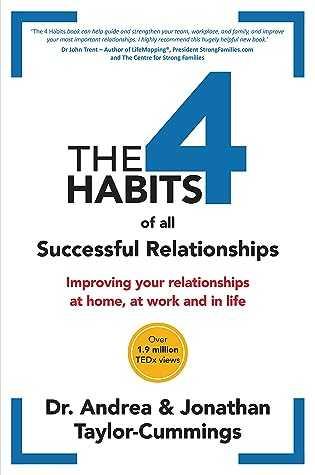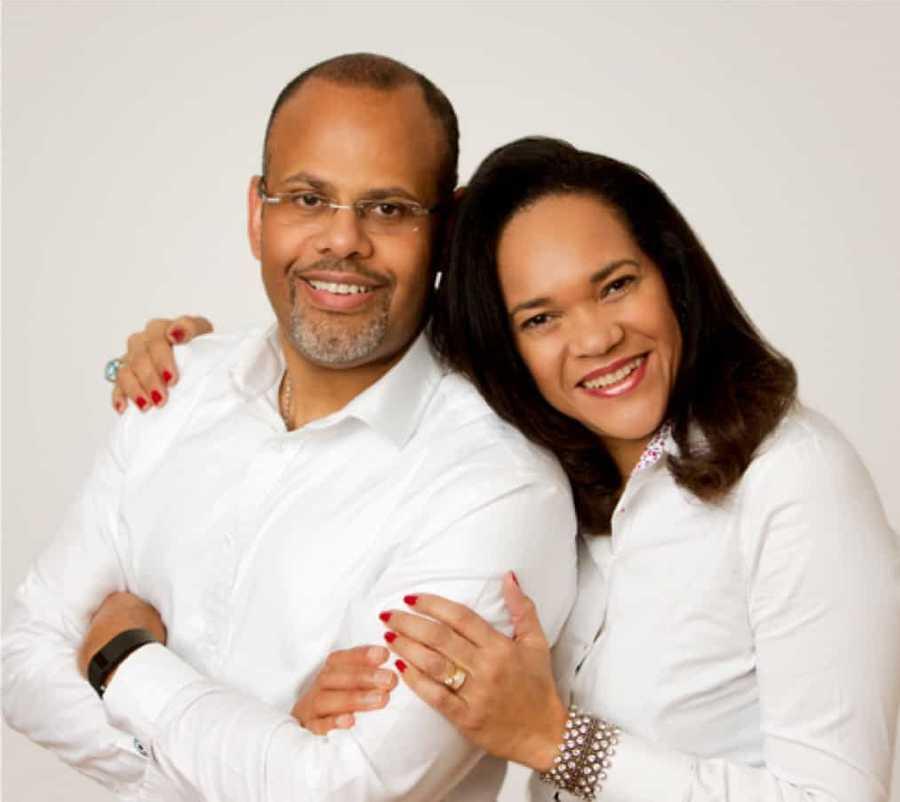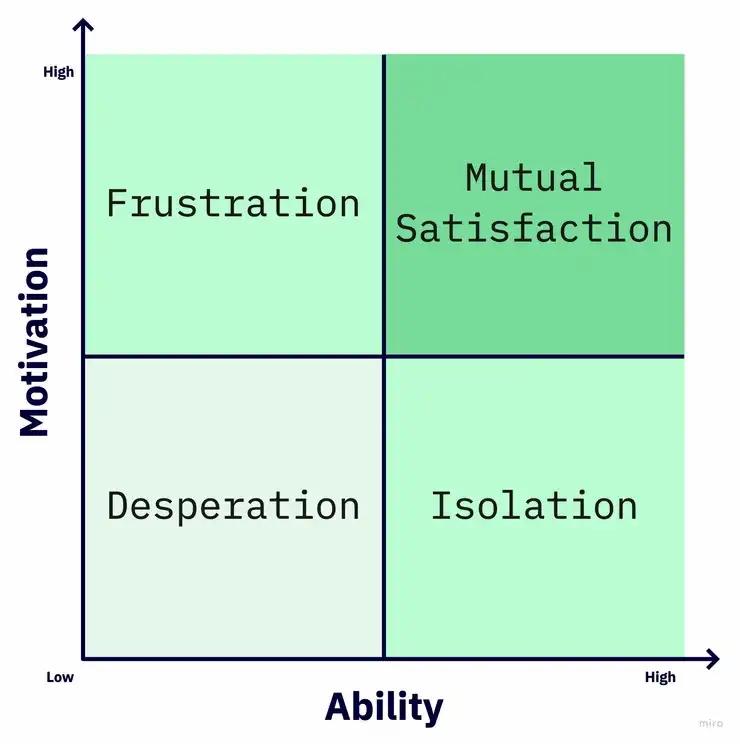Gabrielle G.'s Key Ideas from The 4 Habits of All Successful Relationships
by Jonathan Taylor-Cummings, Andrea Taylor-Cummings
Ideas, facts & insights covering these topics:
13 ideas
·50.8K reads
259
3
Explore the World's Best Ideas
Join today and uncover 100+ curated journeys from 50+ topics. Unlock access to our mobile app with extensive features.
The Three Big Ideas
- There are four habits that show you how to have successful relationships: 1- Be curious, not critical. 2 - Be careful, not crushing. 3 - Ask, don't assume. 4 - Connect before you correct.
- Manage the Emotional Bank Account. This is important to create the foundation for successful relationships. If you make more withdrawals than deposits your relationship will struggle. Keep a healthy balance.
- You can explore relationships on two dimensions. Motivation - How motivated are you to maintain and improve this relationship? Ability - How able are you to maintain and improve this relationship?
509
5.46K reads
397
9.85K reads
How To Have Successful Relationships: The Big Ideas Expanded
Focus on building Relationship Intelligence, not only Emotional Intelligence:
Relational Intelligence – our ability to connect, and stay connected, with the people around us.
Emotional Intelligence - awakening (or improving) our ability to handle our own emotions and how they impact the people around us.
394
4.5K reads
Habit #1: BE CURIOUS, not critical
This habit is all about developing our self-awareness (and other-awareness!) through understanding fundamental differences, learning to give each other ‘space and grace’ to shine in our own strengths, and overcoming the frustration of unmet expectations.
413
4.41K reads
Habit #2: BE CAREFUL, not crushing
This one is all about self-management, building strong skills in managing conflict, learning to treat each other well no matter how heated the argument, and working toward genuine resolutions so that relationships are strengthened not damaged through conflict.
403
3.81K reads
Habit #3: ASK, don’t assume
This habit is all about developing the social skills to build mutual trust and respect in relationships by clarifying values, having courageous conversations about things that really matter to us when necessary and overcoming the hurdles of mistrust and distance that can creep into relationships.
403
3.38K reads
Habit #4: CONNECT, before you correct
This one is all about learning to build great rapport, warmth and connection in relationships by consistently communicating appreciation and love in meaningful ways and overcoming the hurdle of feeling unvalued because of poor communication.
398
3.19K reads
Manage the Emotional Bank Account
- Successful relationships are built upon a healthy emotional bank account.
- You need to be aware of the behaviours that make deposits or withdrawals from the bank account.
- When you have the balance right it creates a healthy foundation for good relationships.
- If you have a challenging relationship focus on topping up the emotional bank account first.
When the bank account is low you need to ask this fundamental question:
‘Do I really care enough to put in the effort to maintain or improve this relationship?’
381
2.55K reads
Successful Relationship Quadrant
The status of your relationships can be viewed from two dimensions:
- Motivation: How motivated are you to maintain or improve this relationship?
- Ability: How able are you to maintain or improve this relationship?
384
3.15K reads
Mutual Satisfaction and Frustration
Most healthy relationships go through cycles between Mutual Satisfaction and Frustration from time to time, which is all perfectly fine as long as you keep learning and improving your understanding of each other and don’t get stuck or set up camp in the Frustration zone.
369
2.54K reads
Desperation
In Desperation, the oxygen in the relationship is running out and typically people are ill-equipped to breathe life back in again, on their own.
Desperation is toxic. Differences are misunderstood, needs are mostly unmet, and the likely experience is one of tension, frequent conflicts and an unending cycle of unmet expectations followed by disappointment, followed by negative reactions on either side, causing the relationship to spiral downwards.
365
2.35K reads
Isolation
The Isolation quadrant is a place where no one wins. People ‘check out’ physically and/or mentally. They leave companies. They leave families. They leave friendships.
358
2.71K reads
The Heart of Successful Relationships
- Commitment to ongoing efforts in building your understanding of each other.
- Being more understanding in your responses.
- Choosing to act and show appreciation in meaningful, specific ways.
383
2.88K reads
IDEAS CURATED BY
CURATOR'S NOTE
Four ways to improve relationships.
“
Gabrielle G.'s ideas are part of this journey:
Learn more about career with this collection
How to synthesize information from multiple books
How to analyze a book
How to set reading goals
Related collections
Discover Key Ideas from Books on Similar Topics
4 ideas
Think Like a Monk
Jay Shetty
17 ideas
Connect
David Bradford, Ph.D., Carole Robin, Ph.D.
Read & Learn
20x Faster
without
deepstash
with
deepstash
with
deepstash
Personalized microlearning
—
100+ Learning Journeys
—
Access to 200,000+ ideas
—
Access to the mobile app
—
Unlimited idea saving
—
—
Unlimited history
—
—
Unlimited listening to ideas
—
—
Downloading & offline access
—
—
Supercharge your mind with one idea per day
Enter your email and spend 1 minute every day to learn something new.
I agree to receive email updates


